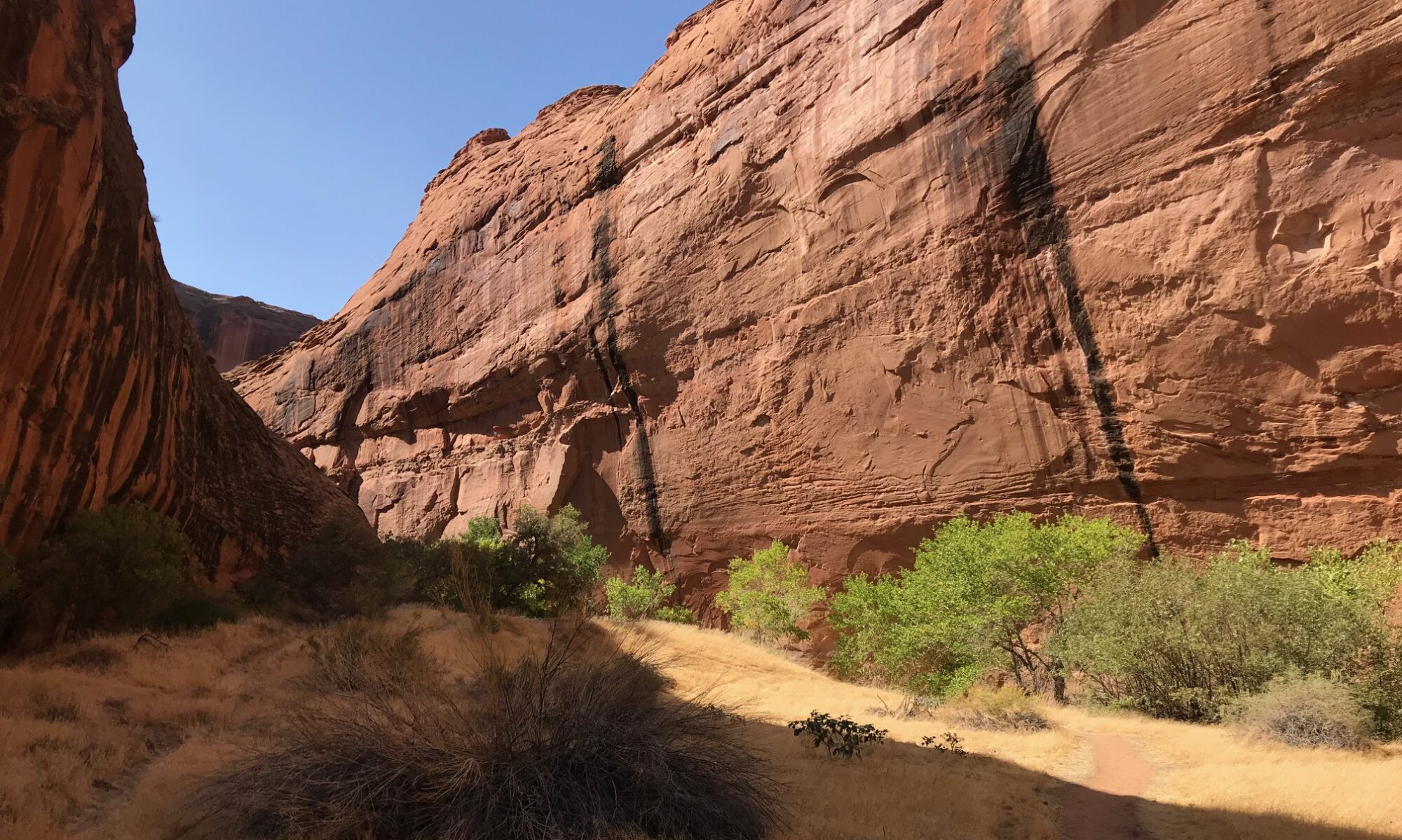by Steve Corbato
Steve is the co-lead of the steering committee.
What attracted me to this cause of protecting Utah wilderness from an Oregon base?
I’m not a native of either Utah or Oregon, but for reasons of family and career (as well as slot canyons and deep powder), I’ve spent more of my life in Utah than anywhere else. My view of Utah wilderness has a scientific basis at its core. My father was a geologist who taught at summer field camps in the Sanpete Valley and points south. He introduced me at the age of ten to the wilds of the Waterpocket Fold and Comb Ridge. I have memories of Moab in the early 1970’s as a dusty small town reeling from the end of the uranium boom and with no hint of the future tourism onslaught. As a budding astrophysicist, I later helped build and operate scientific instruments that leveraged the isolation, dark skies, and favorable atmosphere of the West Desert. This experience gave me an appreciation of the regularity of beautiful fault block mountain ranges, amazingly swift pronghorn antelopes and night skies of the Great Basin as well as incongruous sand dunes, remnants of the much larger Ice Age lakes. Later as a university administrator, I had the opportunity to visit research field stations in southern Utah where I learned about the fragility of the ecosystems on the Colorado Plateau, the associated impacts of climate change, and the ingenuity and perseverance of the Fremont and Ancestral Puebloan peoples who preceded us. As a parent, I had the chance to take my son into Dark Canyon and around the Bears Ears and the San Rafael Reef among other places.
So many of the public lands in Utah that we are striving to protect through permanent wilderness designation are truly globally unique through a combination of their rugged, timeless viewscapes and the underlying geology, ecology, paleontology and archeology. I understand the political landscape of Utah and federal lands policy well enough to know that this fundamental uniqueness and ensuing intrinsic value are often underappreciated by both local and federal decision makers. The lands of the Colorado Plateau and the Great Basin will persist long beyond our species’ time on this planet. I feel it that is our responsibility to work to preserve and to protect them for future generations to appreciate in their amazing natural state.


